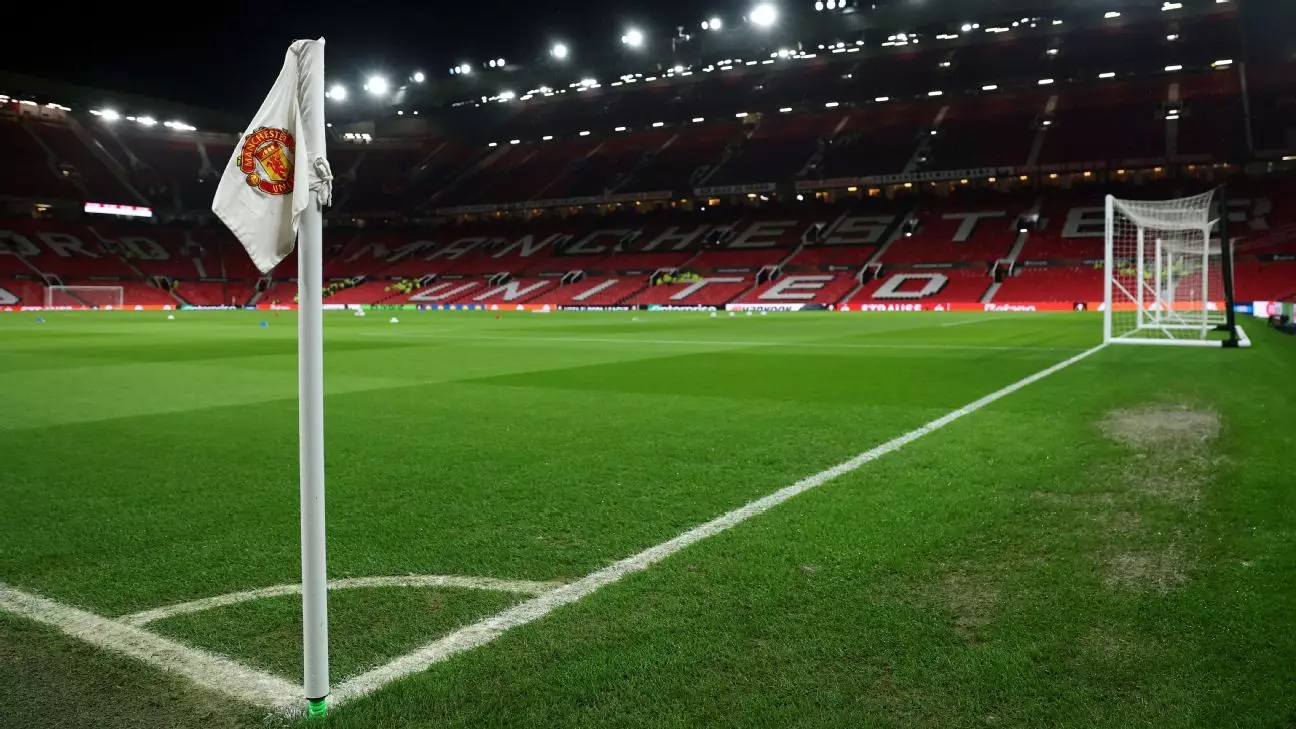Recent revelations have plunged Manchester United into a financial quagmire, prompting a candid acknowledgment from the club regarding its precarious economic state. In an alarming letter dispatched to fan groups, the club disclosed its struggle with the Premier League’s Profit and Sustainability Rules (PSR). Over the last three years, Manchester United has recorded staggering losses—an estimated £312.9 million before tax—prompting a legitimate concern about its future viability as a competitive force both on and off the pitch.
With such enormous losses, the club has found itself at a crossroads, unable to make necessary signings in the upcoming January transfer window. The head coach, Ruben Amorim, faces significant challenges in revitalizing the team amid increasing financial constraints. The letter issued by United candidly warned fans that the current trajectory is unsustainable, stating, “This is not sustainable, and if we do not act now, we are in danger of failing to comply with PSR/FFP (Financial Fair Play) requirements in future years.”
Challenges of Compliance and FFP Regulations
The gravity of Manchester United’s situation cannot be overstated. The PSR framework permits clubs to incur a maximum loss of £105 million over three years. With United already surpassing this threshold by an alarming margin, the specter of fines and potential points deductions looms large. Such penalties could not only stunt the club’s financial recovery but also hinder its competitive ambitions, making it essential for the management to make strategic decisions promptly.
Enter Sir Jim Ratcliffe, the newly installed co-owner, who has initiated sweeping cost-cutting measures aimed at stabilizing the club’s finances. This includes a painful decision to lay off approximately 250 staff members over the summer. Such measures are indicative of the desperate situation at United, where even promising young talents like academy graduate Alejandro Garnacho could face uncertain futures if the financial situation doesn’t improve quickly.
The club’s financial predicament has drawn the ire of its loyal fan base, particularly in light of recent ticket price hikes. This year, the lowest-priced ticket was raised to £66, a substantial increase from the previous £40. Fans have vocally expressed their disappointment, feeling that the burden of financial challenges should not unjustly fall on their shoulders. Although the club stated that it does not expect fans to cover its fiscal shortfalls entirely, it has committed to reassessing its ticket pricing strategy to ensure transparency and fairness.
The backlash from supporters is a clear indication that Manchester United must navigate these financial waters with sensitivity. The relationship between the club and its fans is more than transactional; it is built on a foundation of loyalty, passion, and shared history. To neglect this dynamic in times of financial hardship could lead to a further alienation of the very supporters who have stood by the club through thick and thin.
The turmoil extends beyond financial woes, as Manchester United grapples with leadership instability. Following a disappointing start to the season, the club made the shocking decision to part ways with manager Erik ten Hag, just months after offering him an extension. Furthermore, the exit of sporting director Dan Ashworth, who left by mutual agreement less than six months into his tenure, raises questions about the club’s strategic direction and governance.
Ruben Amorim now stands at the helm, addressing a squad that, according to him, is experiencing one of the lowest points in its history. The specter of relegation clouds what was once a club synonymous with success, challenging the very definition of what it means to be Manchester United.
As Manchester United navigates the complexities of financial regulations, fan expectations, and leadership challenges, it finds itself in an unprecedented situation. The club must make crucial decisions that balance fiscal responsibility with the imperative to restore its competitive edge on the pitch. The road to recovery will require a harmonious blend of prudent financial management, transparent communication with fans, and a clear vision for the future. Without these elements, the storied institution risks losing its place among football’s elite, marking a tragic fall from grace for one of the sport’s most iconic clubs.

Leave a Reply